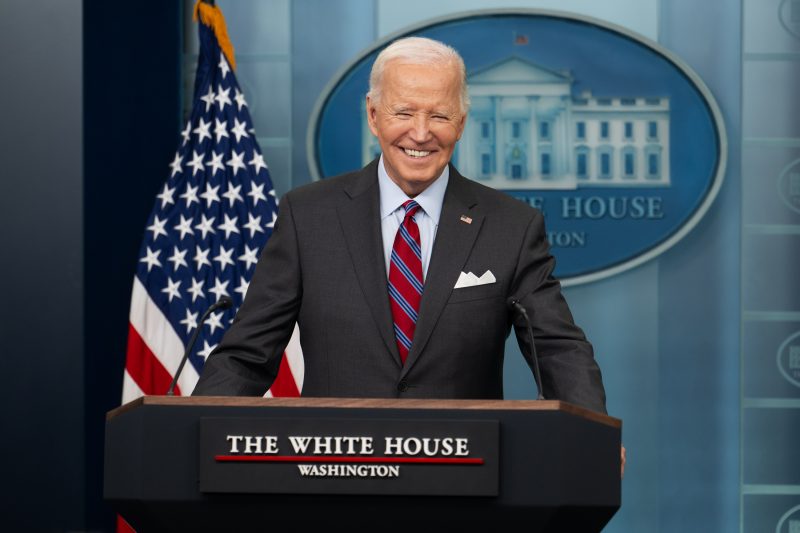In a recent exchange that highlight the ongoing debate on the state of the economy, President Joe Biden called out Senator Marco Rubio for his assertion that the latest jobs report is misleading and inaccurate. Rubio had taken to social media to express skepticism about the solid jobs report released by the Bureau of Labor Statistics, questioning the validity of the data presented.
The jobs report in question showed that the U.S. economy added 943,000 jobs in July, surpassing expectations and marking a significant improvement in the labor market. This positive growth was attributed to various factors, including increased consumer spending, the easing of COVID-19 restrictions, and government support programs.
Senator Rubio, however, raised doubts about the authenticity of the data, suggesting that the jobs report was a manipulation of the numbers to serve a political agenda. He pointed to the ongoing challenges faced by businesses and workers, such as labor shortages and logistical disruptions, as reasons to doubt the accuracy of the report.
President Biden swiftly responded to Rubio’s claims, emphasizing the credibility of the Bureau of Labor Statistics and defending the integrity of the jobs report. He highlighted the progress made in job creation and economic recovery since the start of his presidency, underscoring the administration’s commitment to rebuilding the economy and supporting American workers.
Rubio’s skepticism regarding the jobs report reflects broader concerns about the complexity of economic data and the interpretation of statistics in a highly polarized political climate. While it is essential to critically analyze and understand economic indicators, it is also crucial to acknowledge the efforts made to revitalize the economy and create opportunities for American workers.
The debate between President Biden and Senator Rubio underscores the ongoing challenges and differing perspectives on economic policy and recovery efforts. As the country continues to navigate the impacts of the pandemic and work towards a sustainable economic future, constructive dialogue and informed decision-making will be essential in shaping policies that support inclusive growth and prosperity for all.
